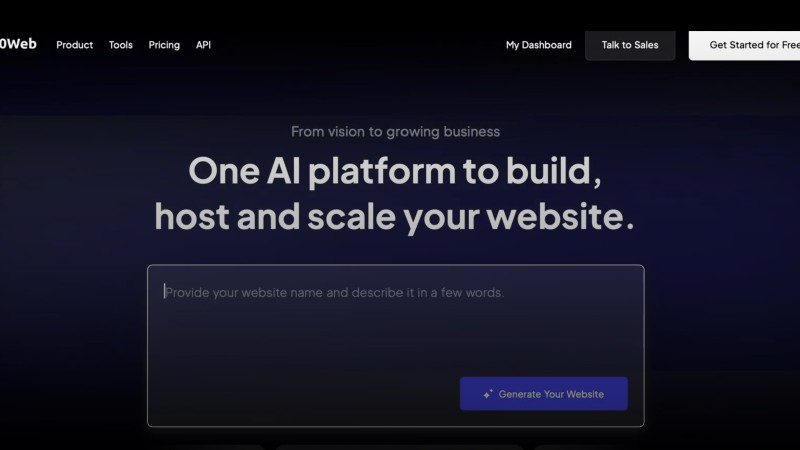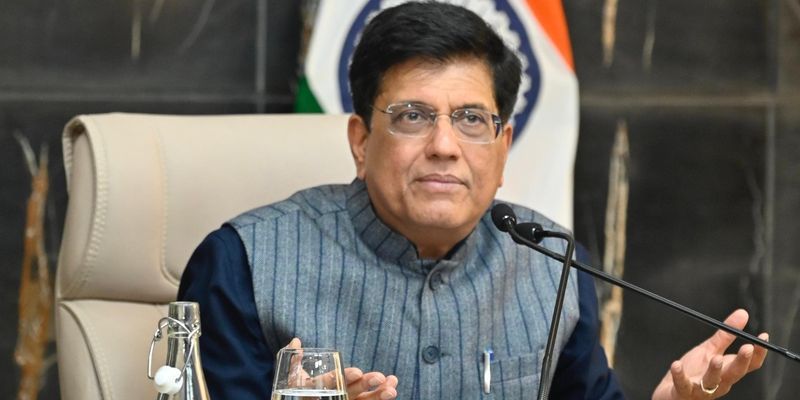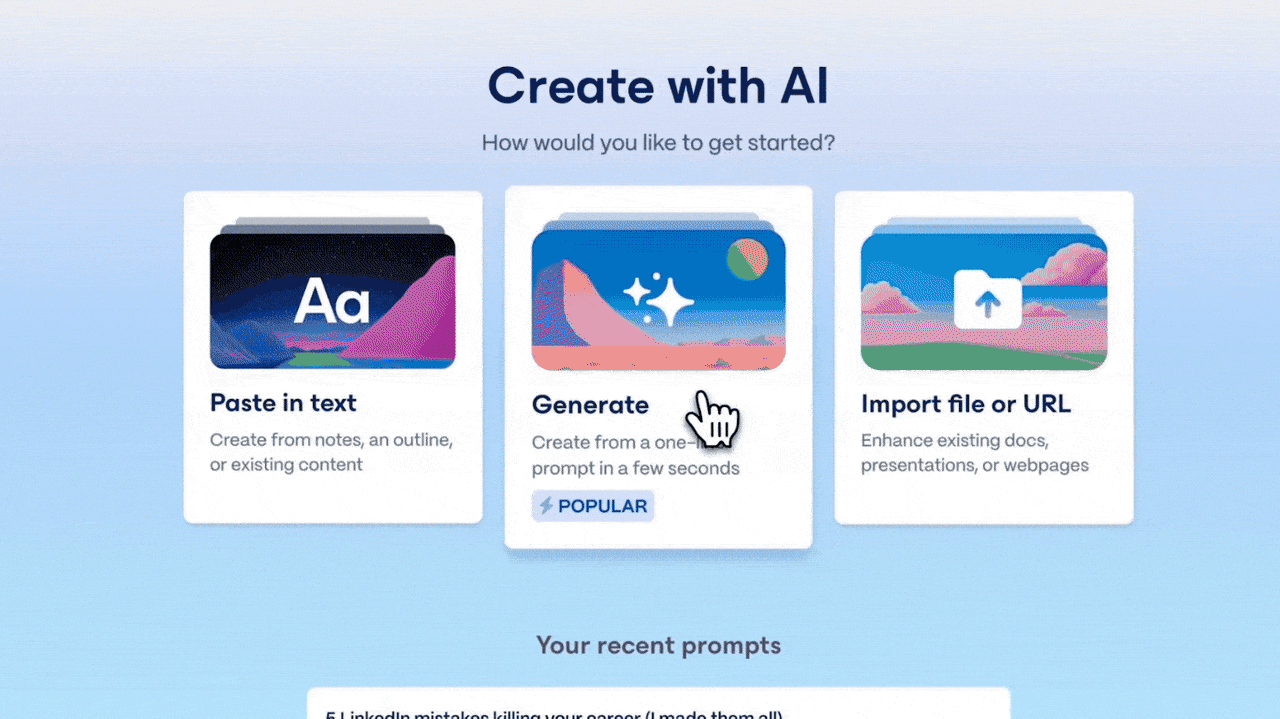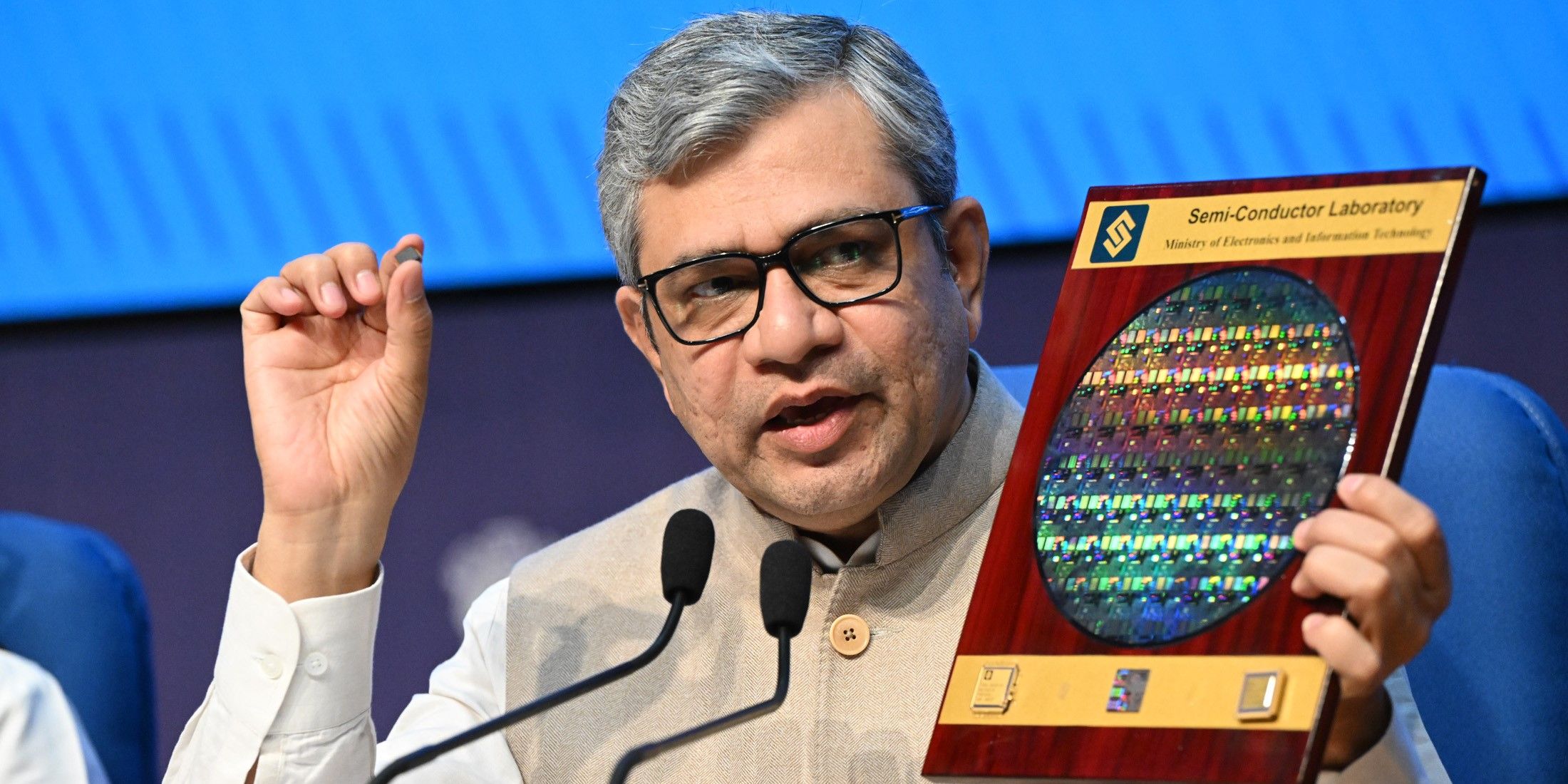Building a strong talent pipeline for GCCs: Best practices for recruiting and retaining global talent
The transformation of GCCs into talent powerhouses demands strategies anchored in deep research and adaptability.


Global Capability Centers (GCCs) in India, now numbering over 1,700 and employing over 1.9 million professionals, face a critical challenge: retaining top talent in a market where attrition rates often exceed industry averages. With a projected 18-20% hiring surge in 2025 across sectors like AI, cybersecurity, and data science, these centres are transitioning from cost-saving units to strategic innovation hubs. This shift demands evidence-based strategies to attract and retain skilled professionals while aligning with global business objectives.
Strategic talent acquisition and employer branding
The race for skilled professionals has forced GCCs to rethink outdated hiring practices. While applicant tracking systems (ATS) remain useful for managing applications, leading organisations now deploy AI-driven tools to engage passive candidates—those not actively job-seeking but open to opportunities. For example, predictive analytics can identify professionals with niche cloud computing skills on platforms like LinkedIn, enabling recruiters to initiate personalized outreach before competitors do.
However, technical recruitment alone isn’t enough. Employer branding is equally critical. Companies with strong employer value propositions (EVPs) report 69% lower attrition rates. Crafting an effective EVP requires regional customisation.
In India, partnerships with educational institutions help secure engineering graduates, who form 28% of the global STEM workforce and 23% of the world's software engineering talent. At the same time, Eastern European centres collaborate with coding boot camps to address local developer shortages. The key lies in balancing global standards with local workforce realities 
Growth, inclusivity, and sustainability
Once talent is onboarded, the real work begins. High performers consistently cite career growth opportunities and inclusive cultures as primary reasons for staying with an employer. This is prompting an increasing number of GCCs to invest in upskilling programs. Leadership development is equally critical: Instahyre research shows 94% of employees remain longer with employers that invest in their careers. To that end, mentorship programmes connecting junior employees with senior leaders at parent companies help bridge skill gaps while fostering cross-cultural collaboration. These initiatives also yield operational benefits: teams with diverse backgrounds and inclusive decision-making processes are able to achieve higher profitability.
To address the persistent skill gap, forward-thinking GCCs are adopting hybrid workforce models. By blending full-time employees with specialised contractors, organisations maintain flexibility while accessing niche expertise. For instance, a cybersecurity GCC might retain core staff for ongoing threat monitoring while contracting ethical hackers for short-term penetration testing projects. This approach reduces reliance on volatile job markets.
Apart from this, collaboration with academia has also emerged as a key aspect of sustainable talent strategies. GCCs are increasingly co-creating curricula with universities to ensure graduates possess industry-relevant skills. Over 60% of new GCCs established in 2023 focused on ER&D and IT-BPM, necessitating curriculum co-creation with universities.
Apprenticeship programmes further accelerate readiness. By combining classroom theory with hands-on projects, companies reduce the typical six-month training period for new hires. Participants gain practical experience troubleshooting real-world IT infrastructure issues, while employers assess long-term fit before making full-time offers. Furthermore, internal mobility programmes mitigate external hiring costs. 72% of GCC leaders identify talent management as a key priority. Allowing employees to rotate through different departments or geographies prevents stagnation and reduces external hiring costs.
Leveraging technology and data-driven governance
Artificial intelligence and analytics are reshaping how GCCs approach talent management. Predictive analytics tools now analyse engagement survey data, productivity metrics, and even communication patterns to identify flight risks months before resignation. Early warning systems enable targeted interventions, like tailored promotions or project assignments, to retain high-value employees.
On the other hand, automation can handle routine HR tasks, freeing teams for strategic work. An HR Helpdesk chatbot can answer up to 80% of routine employee queries-from leave balance to workplace policies-without HR intervention. This slashes response times from days to minutes. This efficiency gain translates to higher satisfaction amongst employees, thereby contributing to reducing turnover.
Performance metrics have also evolved. Alongside traditional KPIs like attrition rates, progressive GCCs track ‘innovation velocity’—the speed at which ideas move from conception to implementation. Teams exceeding quarterly velocity targets receive additional R&D funding, creating a culture of continuous improvement.
Building a future-ready workforce
The transformation of GCCs into talent powerhouses demands strategies anchored in deep research and adaptability. These centres have evolved from being back-office units to functioning as reinvention engines that drive global innovation.
By integrating innovative tools and technologies, GCCs can achieve sustainable growth. The 2025 hiring surge, projected to create 425,000 to 450,000 jobs, will favour centres that prioritise niche skills, inclusive cultures, and data-driven agility. In an era where talent determines competitive advantage, GCCs that align human capital strategies with organisational reinvention will emerge as leaders in the global marketplace.
(Suchita Vishnoi is Co-founder and Chief Marketing Officer at GatewAI.)
Edited by Kanishk Singh
(Disclaimer: The views and opinions expressed in this article are those of the author and do not necessarily reflect the views of YourStory.)


























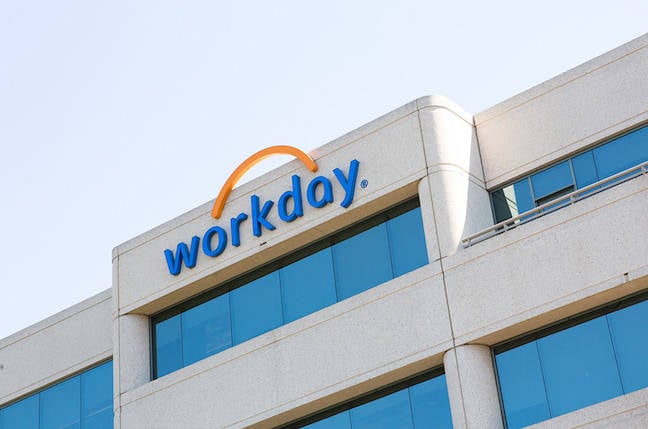















































































































































![[The AI Show Episode 146]: Rise of “AI-First” Companies, AI Job Disruption, GPT-4o Update Gets Rolled Back, How Big Consulting Firms Use AI, and Meta AI App](https://www.marketingaiinstitute.com/hubfs/ep%20146%20cover.png)










































































































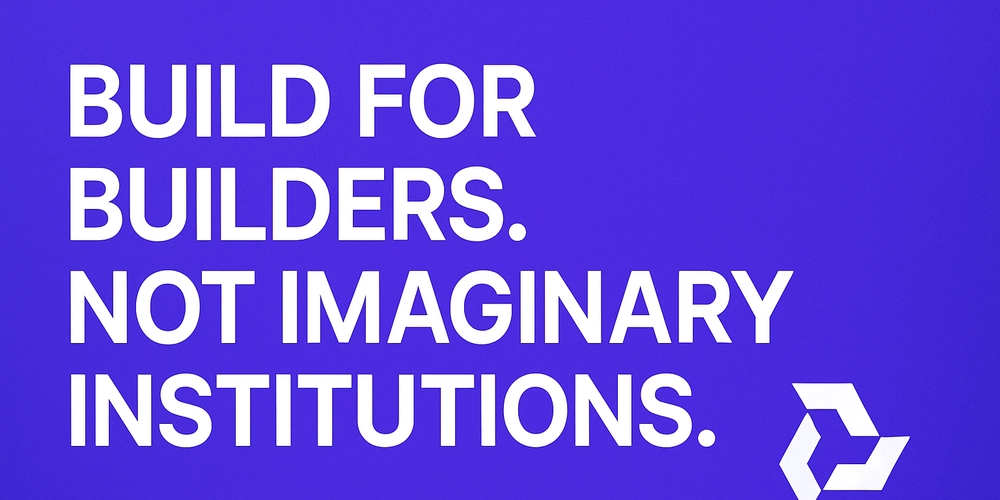
















![Life in Startup Pivot Hell with Ex-Microsoft Lonewolf Engineer Sam Crombie [Podcast #171]](https://cdn.hashnode.com/res/hashnode/image/upload/v1746753508177/0cd57f66-fdb0-4972-b285-1443a7db39fc.png?#)














































.png?width=1920&height=1920&fit=bounds&quality=70&format=jpg&auto=webp#)
































































.png?width=1920&height=1920&fit=bounds&quality=70&format=jpg&auto=webp#)



























_Aleksey_Funtap_Alamy.jpg?width=1280&auto=webp&quality=80&disable=upscale#)
_Sergey_Tarasov_Alamy.jpg?width=1280&auto=webp&quality=80&disable=upscale#)









































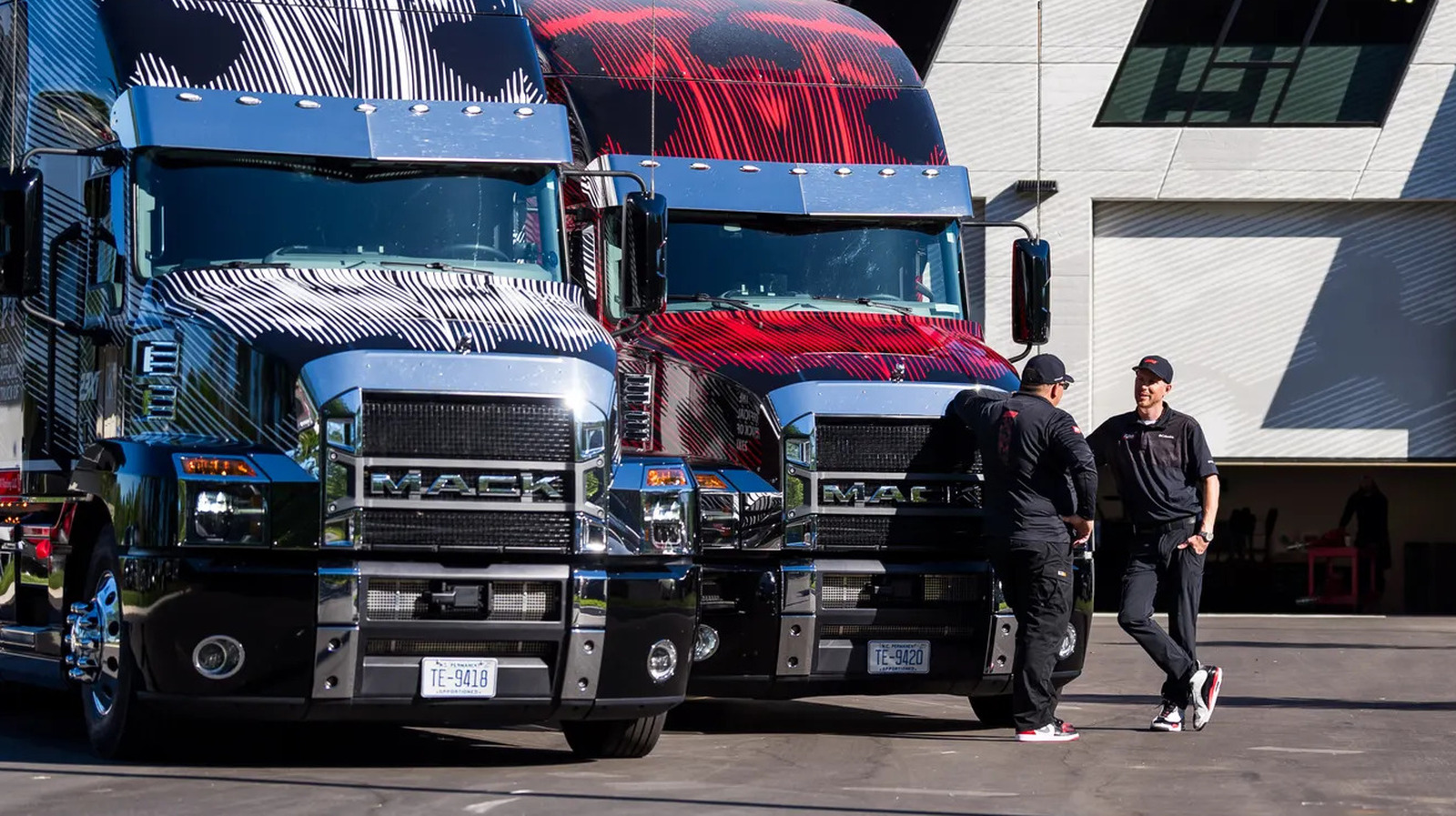






































































![Apple Foldable iPhone to Feature New Display Tech, 19% Thinner Panel [Rumor]](https://www.iclarified.com/images/news/97271/97271/97271-640.jpg)
![Apple Developing New Chips for Smart Glasses, Macs, AI Servers [Report]](https://www.iclarified.com/images/news/97269/97269/97269-640.jpg)
![Apple Shares New Mother's Day Ad: 'A Gift for Mom' [Video]](https://www.iclarified.com/images/news/97267/97267/97267-640.jpg)
![Apple Shares Official Trailer for 'Stick' Starring Owen Wilson [Video]](https://www.iclarified.com/images/news/97264/97264/97264-640.jpg)

















